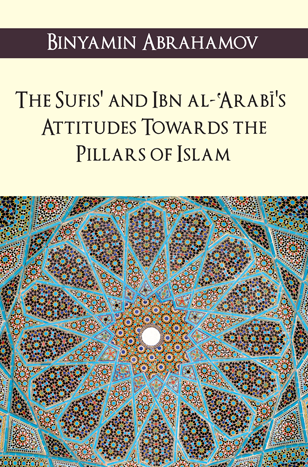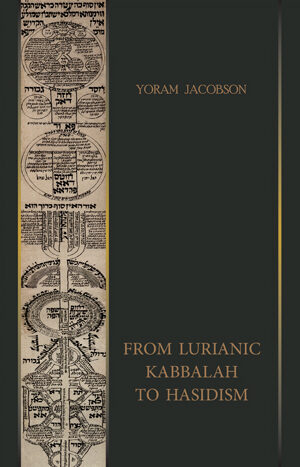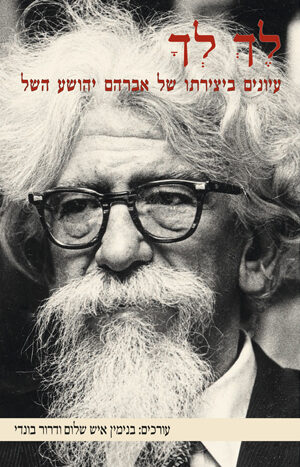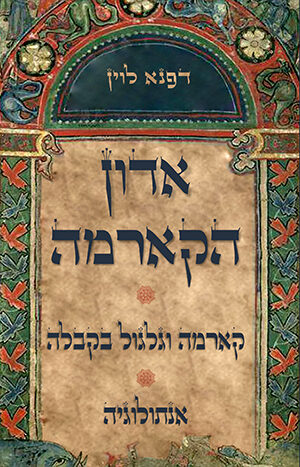
The Sufis’ and Ibn al-‘Arabī’s Attitudes Towards the Pillars of Islam
Binyamin Abrahamov
₪48.00 – ₪114.00
The present book examines the Sufis’ and mainly Ibn al-‘Arabī’sapproaches to the five pillars of Islam. A chapter of ritual purity is added, because this precept is a necessary condition for the implementation of some pillars. The
Sufis’ approaches to these precepts vacillate between acceptance and rejection. Their acceptance of the pillars is expressed in different ways; mystical, theological, philosophical and ethical considerations are introduced to explain the formal rites of the five pillars. SomeSufis assert that the formal performance of the rules of a certain pillar gives rise to mystical notions and experiences. Ibn al-‘Arabī’s discussion of the five pillars is the most detailed work in comparison to other Sufis’ work which are mentioned in this treatise. In some points, he follows his Sufi predecessors. In his discussions of the five pillars, the Greatest Master appears not only as a mystic but also as a theologian and philosopher.
*
Binyamin Abrahamov is Professor Emeritus of Islamic theology and mysticism and Quranic studies at Bar Ilan University, Israel. He was the head of the Department of Arabic and the Dean of the Faculty of Humanities. He has published books and articles on early Islamic theology, al-Ghazālī, Ibn al-‘Arabī and tradionalism and rationalism in Islam.





